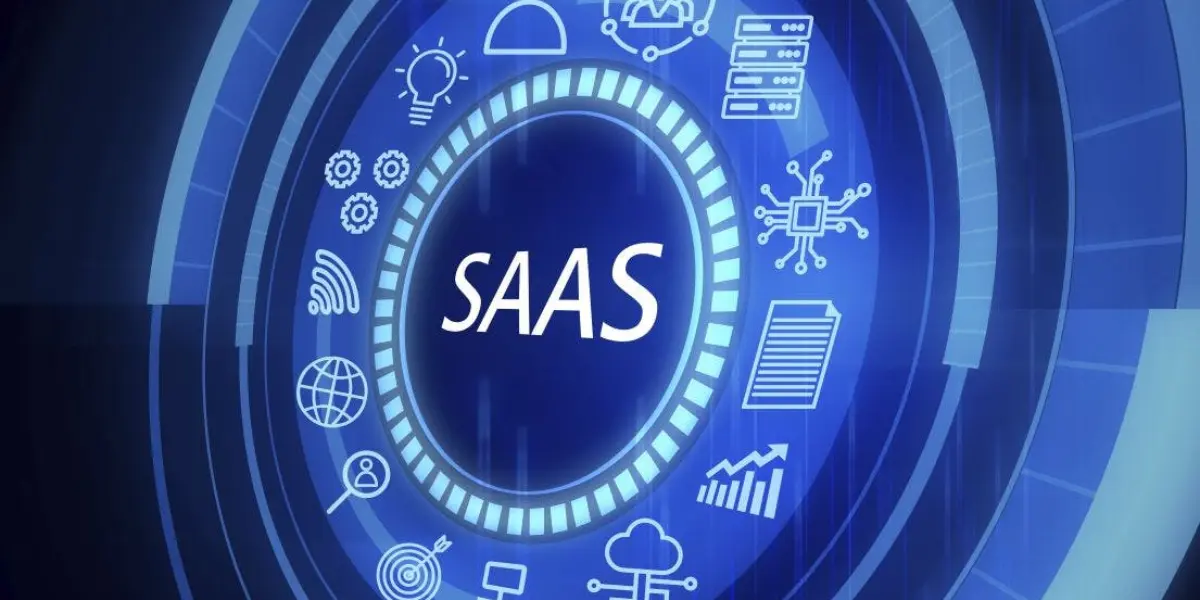What is a SaaS Escrow?
A SaaS escrow is a contractual agreement between a software provider, their client, and an independent third party, known as the escrow agent. The primary purpose of a SaaS escrow is to protect the client’s access to the software and its associated data in the event that the provider is unable to fulfill their obligations due to unforeseen circumstances, such as bankruptcy, insolvency, or a breach of contract.
Essential components of a SaaS Escrow
A well-structured SaaS escrow should include the following key components :
1. Escrow agent selection
Choosing a reputable and experienced escrow agent is critical to the success of any SaaS escrow arrangement. The agent should be knowledgeable in the field of software escrow and have a proven track record of handling SaaS escrow agreements. Additionally, they should have robust security measures in place to protect the stored data and source code. For example, they should employ strong encryption algorithms for both data at rest and data in transit to ensure confidentiality and integrity of the deposited materials. Moreover, they should have ISO 27001 certification and adhere to other relevant industry standards and regulations such as GDPR.
2. Deposit materials
The software provider must deposit the necessary materials with the escrow agent. These materials typically include the source code, any associated documentation, and any other essential resources required to operate the software. The materials should be updated regularly to ensure that the client has access to the most recent version of the software in case of a release event.
While traditional software escrows and SaaS escrows share many similarities, there are key differences in their deposit materials. In a traditional software escrow, the source code and related documentation are typically the primary materials deposited with the escrow agent. However, SaaS escrows require additional materials to ensure seamless operation and access in case of a release event. These materials may include login credentials, passwords, API keys, and any other essential information needed to access the SaaS platform.
Furthermore, SaaS escrows may require a detailed plan for data migration, as the data is often stored remotely on the provider’s servers. This ensures that the client can efficiently transfer and secure their data in the event of a release. By addressing these unique requirements, SaaS escrows provide a more comprehensive safeguard for businesses relying on cloud-based software solutions.
3. Release conditions
The SaaS escrow agreement should clearly outline the specific conditions under which the escrow agent is authorized to release the deposited materials to the client. Ambiguous or poorly defined release conditions can lead to disputes, delays, and legal challenges, which can be detrimental to both parties. Clear release conditions also protect the software provider by ensuring that their intellectual property is not released to the client unless the specified conditions are met. This prevents unauthorized access to the source code and other proprietary materials. Release conditions may include the provider’s bankruptcy, insolvency, or failure to provide ongoing support and maintenance.
4. Verification services
Verification services play a crucial role in ensuring that the deposited materials are complete, accurate, and usable. The escrow agent should provide these services to confirm that the client will be able to successfully deploy and operate the software in the event of a release.
5. Data protection and security
As SaaS solutions often deal with sensitive business data, the SaaS escrow agreement must address data protection and security. The escrow agent should have stringent measures in place to safeguard the deposited materials and any associated data, such as encryption and secure storage facilities.
In conclusion, a well-structured SaaS escrow agreement is essential for businesses relying on SaaS solutions to ensure the continuity and security of their software and data. By addressing the key requirements outlined in this article, businesses can safeguard their investments and mitigate potential risks associated with their software providers.
Conclusion
With Vaultinum’s expertise and commitment to security, you can be confident that your SaaS escrow arrangement is in capable hands. By choosing Vaultinum as your trusted escrow partner, you not only benefit from their advanced security measures but also gain access to their extensive experience in the SaaS escrow industry. Vaultinum’s dedication to providing cutting-edge solutions, such as Technology Due Diligence with code scanning tools, makes them an ideal partner to protect your software and data, ensuring business continuity and peace of mind.
Disclaimer
The opinions, presentations, figures and estimates set forth on the website including in the blog are for informational purposes only and should not be construed as legal advice. For legal advice you should contact a legal professional in your jurisdiction.
The use of any content on this website, including in this blog, for any commercial purposes, including resale, is prohibited, unless permission is first obtained from Vaultinum. Request for permission should state the purpose and the extent of the reproduction. For non-commercial purposes, all material in this publication may be freely quoted or reprinted, but acknowledgement is required, together with a link to this website.

